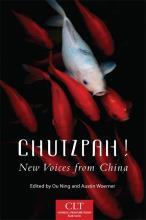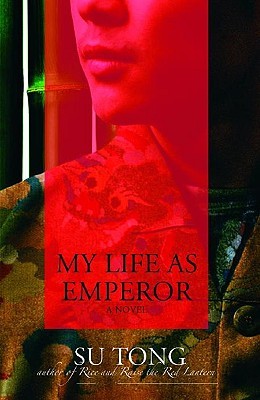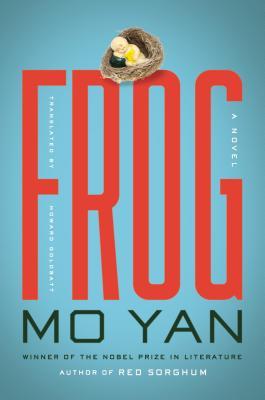 The Three-Body Problem
The Three-Body ProblemCixin Liu
Translated by Ken Liu (Chinese)
Originally 2006, I read 2014 translation
415 pages, hard science fiction
Found: Barnes and Noble, West Chester, Ohio, USA
Caught up in the chaos of the Cultural Revolution, astrophysicist Ye Wenjie finds herself working for a secret government project after her father is brutally murdered for being an "intellectual." What should she do when she discovers the first sign of intelligent alien life?
In the present, Wang Miao is a researcher working on nanomaterials who is pulled into a secret government investigation of an international organization called the Frontiers of Science. Strange things begin happening - things that seemingly break the laws of physics. His one major lead is the online virtual reality game called Three Body, which seems to hold some of the answers he is searching for.
The scientific problem and the virtual world
Probably the most unique part of this book is the integration of virtual reality with the main storyline. While Wang Miao initially plays as part of the investigation, he soon becomes fascinated by the game for its own sake: it poses a complicated physics puzzle that appeals to his scientific mind.




